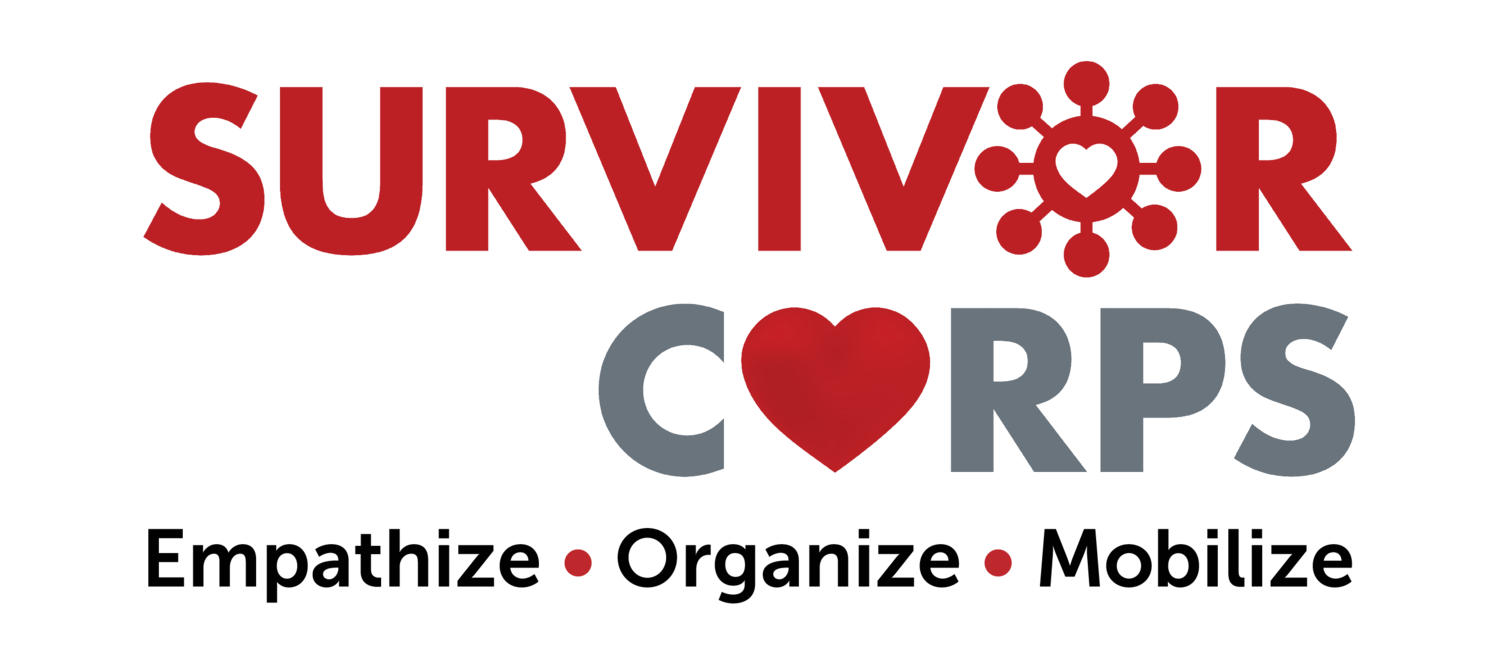
Antibody Testing
This document discusses COVID-19 Antibody tests,
what you need to know - and where to get tested.
Certain antibodies found in the body are a sign that a person has been exposed to the virus that causes COVID-19, and that their body has begun to fight it. Different types of antibodies appear at different times during the illness cycle. People who had the virus but were asymptomatic (carried the virus in their bodies but did not develop symptoms) may also develop antibodies. With other viruses, antibodies have often provided a certain level of immunity, both short term or long term. At this time, it is unknown if, or for how long, antibodies to COVID-19 will protect a person from future infection or provide immunity. It is possible to test positive for the virus that causes COVID-19 with a PCR test (usually a nasal test), and to have antibodies in your system. If this is the case, it means your body is fighting the disease but you could still infect others.
Antibody rich plasma from people who have recovered from COVID-19 is being used as an experimental treatment for those struggling to recover. Work has also begun to develop antibody-rich plasma into hyperimmune globulin, a concentrated blood product that will be used in treatment against COVID-19. Survivor Corps, scientists, universities and industry are working together to encourage survivors to donate plasma to both of these important treatment initiatives. Evaluation of these therapies is on-going.
Antibody testing also will be an essential tool to help those who were not able to get tested while they were sick, or those who were asymptomatic, determine if they have antibodies in their blood that could help others. These tests will also hopefully help the country and world resume operations while remaining safe.
What is a Serology test and what does it test for?
A serology test analyzes blood, serum or plasma samples for the presence of antibodies such as immunoglobulin M [IgM] and immunoglobulin G [IgG]. These antibodies are associated with the coronavirus (SARS-CoV-2) that causes COVID-19. Tests may identify one, two or multiple Ig types. In general, IgG is detectable within 7-20 days of infection and tends to persist for over 6 months; IgM may develop sooner, but peaks at 80 days and fades away within 6 months. A few tests also look at IgA, and from limited data available, IgA is assumed to follow the same course as IgM.
IgM provides the first line of defense during viral infections, followed by IgG responses for long-term immunity and immunological memory. The detection of COVID-19 IgM antibodies tends to indicate a recent exposure to COVID-19, and detection of COVID-19 IgG antibodies indicates a later stage of infection and healing. A person can receive a positive test result for IgG result and still carry the virus. Therefore positive test results do not automatically mean a patient can no longer spread COVID-19 to others.
Timing of testing
Antibody tests should be conducted 2-6 weeks after a person is symptom free.
What are the different kinds of Serology tests being developed?
Rapid Diagnostic Test (RDT): These tests show either a positive or negative result for antibodies in the blood. Antibody levels are not part of the result. The RDT is typically a qualitative lateral flow assay that is small, portable, and can be used at point of care (POC). These tests may use blood samples from a finger prick, saliva samples, or nasal swab fluids. In the context of COVID-19, these tests most frequently test for patient antibodies (IgG and IgM).
Enzyme-Linked Immunosorbent Assay (ELISA): This test can be qualitative (positive or negative) or quantitative (give a numerical titer score representing antibody levels in the blood sample) and is generally a lab-based test. These tests usually use whole blood, plasma, or serum samples from patients. In the context of COVID-19, these tests most frequently test for patient antibodies (IgG and IgM).
Neutralization Assay: This test relies on patient antibodies to prevent viral infection of cells in a lab setting. Neutralization assays can tell researchers if a patient has antibodies that are active and effective against the virus, even if they have already cleared the infection. These tests require whole blood, serum, or plasma samples from the patient. Neutralization assays depend on cell culture, a lab-based method of culturing cells that allow SARS-CoV-2 growth. When the virus and cells are grown with decreasing concentrations of patient antibodies, researchers can visualize and quantify how many antibodies in the patient serum are able to block virus replication. For example, this blocking action can happen through the antibody binding to an important cell entry protein on the virus.
Which tests are approved by the FDA under Emergency Use Authorization [EUA] provisions?
At this time, 13 serology tests in the USA have received Emergency Use Authorization [EUA] from the FDA to test for antibodies to COVID-19. The FDA may issue an EUA when certain criteria are met. There must be no adequate, approved, available alternatives, and based on the totality of scientific evidence available, it must be reasonable to believe that the test in question may be effective in the detection of the virus that causes COVID-19. Additional antibody tests are being developed.
Some tests have been released into the market that are in the process of being assessed by the FDA or have been authorized in Europe or Asia, (however the results come with disclaimers about their accuracy).
Even a test that has been granted EUA by the FDA has not undergone the same level of review as an FDA ‘Approved’ or “Cleared’ test (for another disease). In other words, scientists have not had time to test the accuracy of these antibody tests. They have been approved for emergency use in this situation, as there is no other, more reliable alternative. Link describes the reported accuracy of each test granted EUA approval. www.fda.gov/medical-devices/emergency/eua-authorized-serology-test-performance
As you read, you’ll need to understand the following terms.
‘Sensitivity’ is the ability of a test to correctly identify those patients with the disease (true positive rate). ‘Specificity’ refers to the ability of the test to correctly identify those people without the disease (true negative rate). The Positive [PPV] and Negative Predictive Values [NPV] are the proportions of positive and negative results that are true positive and true negative results, respectively.
Updated list of tests under development [John Hopkins]
The following link provides an updated list of the antibody tests that are available and / or under development published by Johns Hopkins.
www.centerforhealthsecurity.org/serology/Serology-based-tests-for-COVID-19.html
Testing Locations of Note
Antibody tests are becoming more available than they were even a few weeks ago. Many testing locations require a referral from a health care provider. Multiple National health testing companies are offering tests:
PM Pediatrics: pmpediatrics.com/covid-antibodytesting/
Labcorp: www.labcorp.com/coronavirus-disease-covid-19/covid-19-testing-options
Healthlabs: www.healthlabs.com/covid-19-antibody-test
State specific testing information is now more readily available than it was when we first started collecting location information. Do a Google search for "antibody testing location (State/ City)" for many more options.


